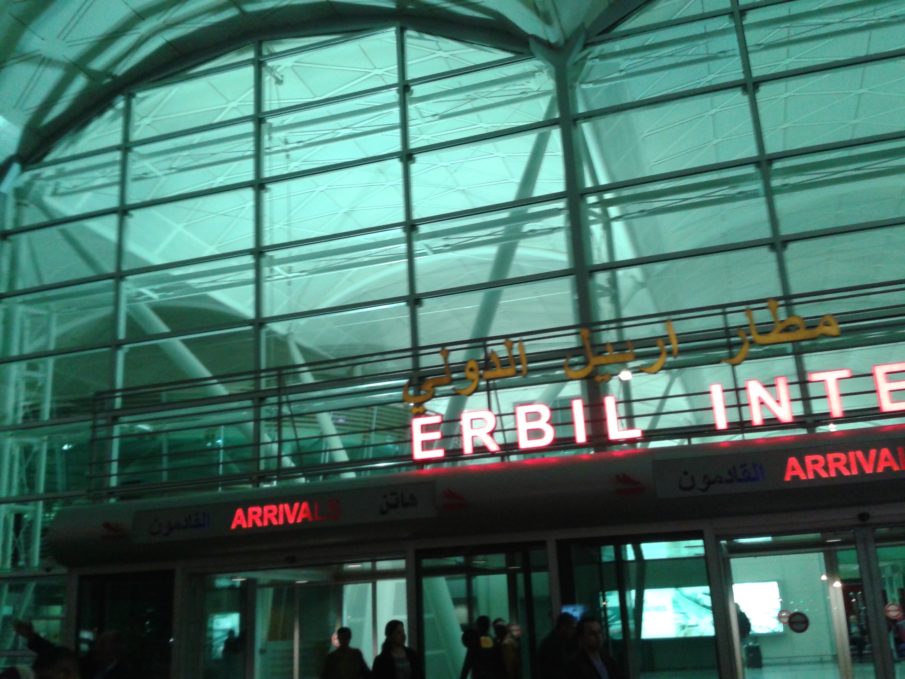An international flight ban (local flights are unaffected) in Kurdistan was put in place by the Iraqi government shortly after the Kurdish referendum vote for independence. The Iraqi government backed proxy forces of Hasdt al-Shaabi and the Iranian PMU militias had just taken control of Kirkuk as well. In a way, the airport ban was a way to lay siege to Kurdistan during a time of possible revolution on the Kurds’ part. This ban has restricted local movement and has forced international traffic to funnel through Baghdad first; cross border smuggling is still occurring though slightly less frequently now.
The ban has now been extended an additional 3 months under order of Iraqi Prime Minister Haider al-Abadi in the wake of demands to “meet requirements/conditions” put forth by the central Iraqi government. The head of the Erbil International Airport, Talar Faiq, spoke to the press on Monday, informing them that the ban on international flights had been prolonged to May 31. It was scheduled to end on Wednesday “if the proper conditions were met” according to the Iraqi government. While Kurdistan had its own visa requirements, now to even pass through the Iraqi airports a separate Iraq visa is required.
The KRG (Kurdish Regional Government) Ministry of Transportation’s spokesman, Omed Mohammed Salih, asserted that, “Given the steps the Kurdistan Region and Iraq took to get close to each other, we did not expect the closure of the airports be extended by three more months. This decree is from the Iraqi Civil Aviation, it could be changed with a decree from Haider al-Abadi. Granting international identity to any airports comes from a set of measures which the World Aviation Organization provides.” Salih’s optimism is generally not shared by the Kurdish community and the ban has been viewed as a form or Iraqi oppression over the Kurdish people.
Featured Image Courtesy of WikiMedia
Already have an account? Sign In
Two ways to continue to read this article.
Subscribe
$1.99
every 4 weeks
- Unlimited access to all articles
- Support independent journalism
- Ad-free reading experience
Subscribe Now
Recurring Monthly. Cancel Anytime.











COMMENTS